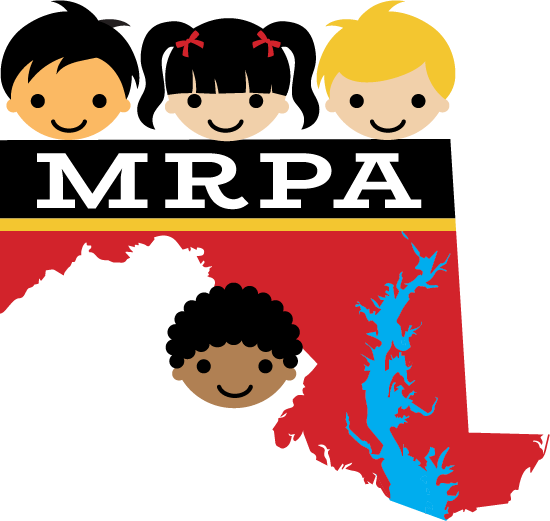 |
 |
 |
FALL 2019
Resource Parent Conference
Tranzed Conference Center | 6802 McLean Blvd | Baltimore, MD 21234
Saturday, October 19, 2019
8:00am – 4:30pm (6 training hours)
PRINTABLE FLYER
Participants will enjoy:
- Motivational Keynote
- Morning & Afternoon Workshops
- Breakfast & Lunch
- Afternoon Panel
- Door Prize Raffles
- Vendors
- Maryland Resource Parent Association
Keynote Speaker – Chauncey Jones, MSW
Effective Teaming: Bridging the Gap to Help Youth in Foster Care Succeed
The relationship between foster parents, birth parents, and social workers has a direct impact on the stability and permanency of children in foster care. This engaging keynote address will emphasize the importance of establishing these working relationships and explore how to develop a clear roles and responsibilities, and address challenges to ensure effective teaming. Strategies will be explored in order to help stabilize relationships within the family and professional team to best benefit the child in your care.
Morning Workshops – Two Hours – Choose One
Attachment and Trauma*
(Meets Maryland’s Behavior Management Requirement). This workshop offers an essential overview of what trauma is, how it affects the brain and how it impacts attachment and social/emotional functioning. Foster parents will be able to reinterpret challenging behaviors as symptoms of trauma and learned methods of coping rather than defiance or manipulation.
Caring for Drug Affected Infants
Alcohol and other drugs (AOD) abuse by caregivers is frequently cited as a reason for entry of infants and young children into foster care. Infants in care are particularly vulnerable to delays in emotional, social and cognitive development. Parenting and environmental interventions are important to help mediate the impact of prenatal exposure to AOD. This training helps to increase participant understanding of prenatal and postnatal substance exposure and the potential long term effects of substance exposure and effective child management strategies to help mediate behaviors and enhance growth and development.
Managing the Triad
There are many joys that come with creating a family through adoption and guardianship. Still, adoptive/guardianship parents, adoptees, and birth parents often experience their own unique feelings of loss, rejection, guilt and shame. Some children have ongoing relationships with their birth parents and/or families, while for others there is no contact. However, birth parents continue to exist in children’s memories, imaginations, and dreams. In this training, parents will come away with a better understanding of the different perspectives each member of the triad brings and how to better support their children, while taking care of themselves emotionally in the process.
Infant, Overview of Child Sex Trafficking
Gain a better understanding of what human trafficking is, the basics of domestic minor sex trafficking and forced labor trafficking, how to better ID potential trafficking victims, the laws and referral mechanisms, myths and misconceptions about sex trafficking, and much more.
Afternoon Workshops – Two Hours – Choose One
Adolescence and Trauma*
(Meets Maryland’s Behavior Management Requirement). This workshop outlines the developmental tasks of adolescence, including separation and individuation, and explores how each are severely impacted by trauma and the foster care experience. This overview provides a useful context for parents and staff as they attempt to make sense of the changes their foster youth is experiencing and support them as they encounter the challenges that are unique to this developmental period. This workshop also offers tools and strategies to parents for understanding behavior and responding in a trauma-informed way that promotes healing and preserves the parent/child relationship
Children and Adolescents – Mental Health Diagnosis and Medication
The growing trend of Mental Health Diagnosis and Medication: According to the United States Surgeon General, about one in five children and adolescents have a symptom of a psychological disorder. Children are being diagnosed with ADHD, Bipolar Disorder and a host of other mental illness at a rapid rate. With the increase of diagnosis comes in increase in medication. This workshop will explore the effects of medication and how many children have lost the ability to self-sooth and regulate emotions, unless they are given a pill. Attention will be placed on impulse control, residual effects of medication and an overview current trends in mental health for children and adolescents.
Digital Safety
Through facilitated discussion, video, and practical demonstrations, participants will learn about online safety and how to protect children from technology facilitated crimes. Topics of discussion will be: sexting, child pornography, sextortion, online predators, social networks, apps, sharing photos, peer to peer downloads, cyberbullying, the dark web, other dangers and additional resources.
When Things are Really Hard – You May Be Stuck in Blocked Care
When Resource parents become exhausted, frustrated, and ready to give up with a child who is acting out, unappreciative and unrewarding, the parent may understandably be stuck in blocked care due to the stress they are experiencing. Based upon the work of Drs. Jon Baylin and Dan Hughes, this training will help resource parents understand that their brain – in blocked care – is a predictable response to toxic stress. Parents will develop self-compassion and learn strategies for increasing their capacity to empathize and reconnect with the child, as well as be a healing resource for them.
